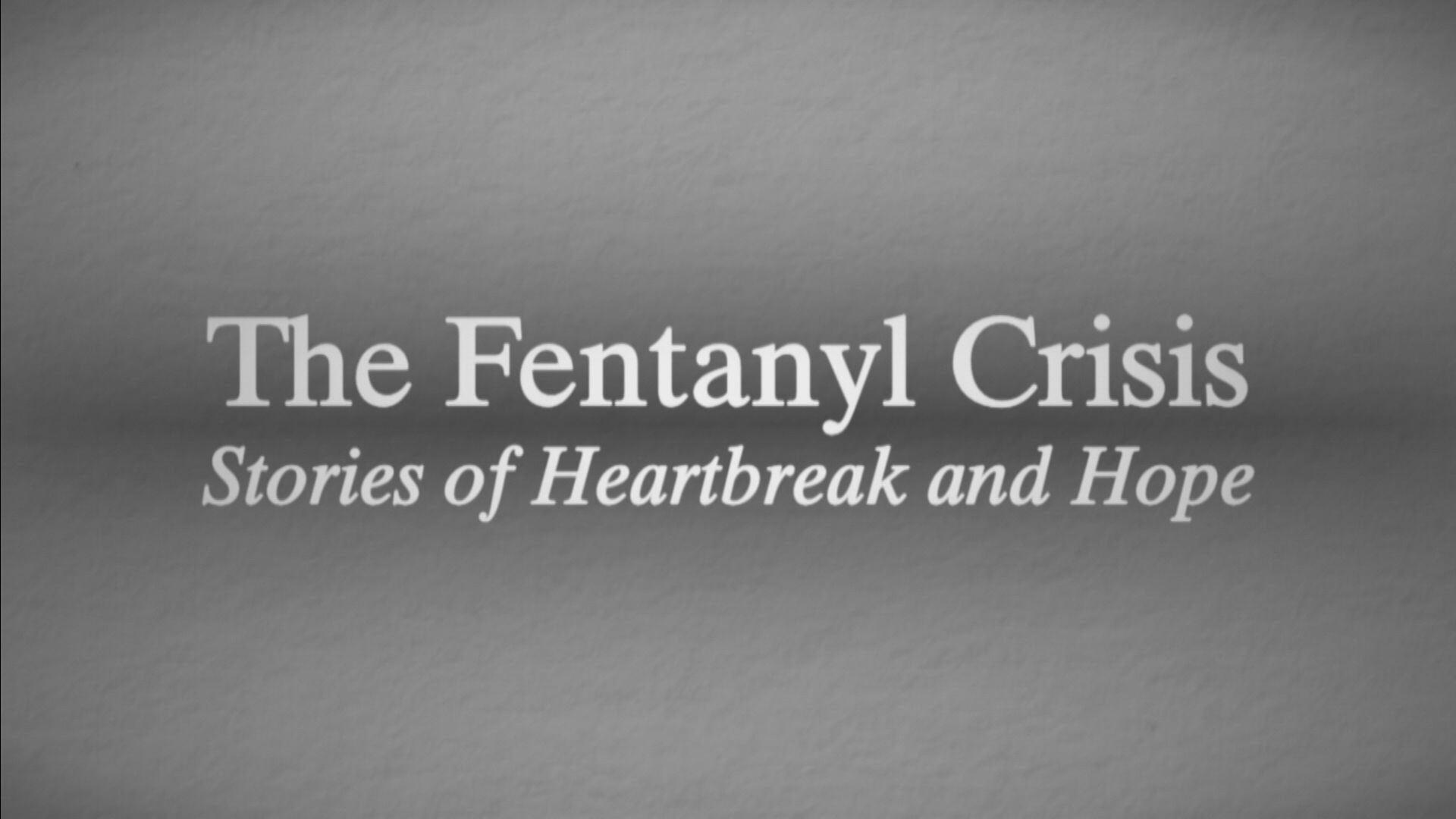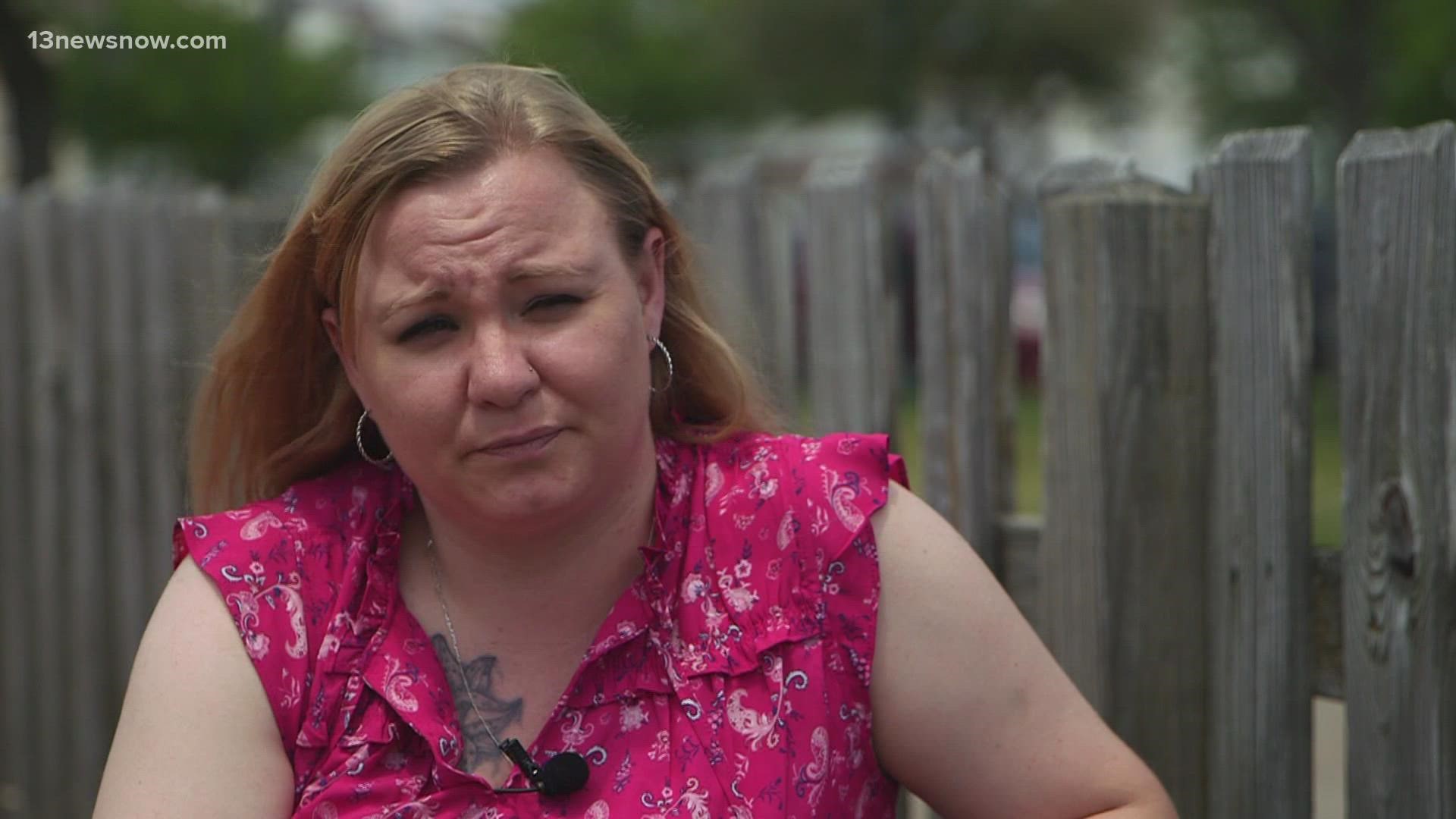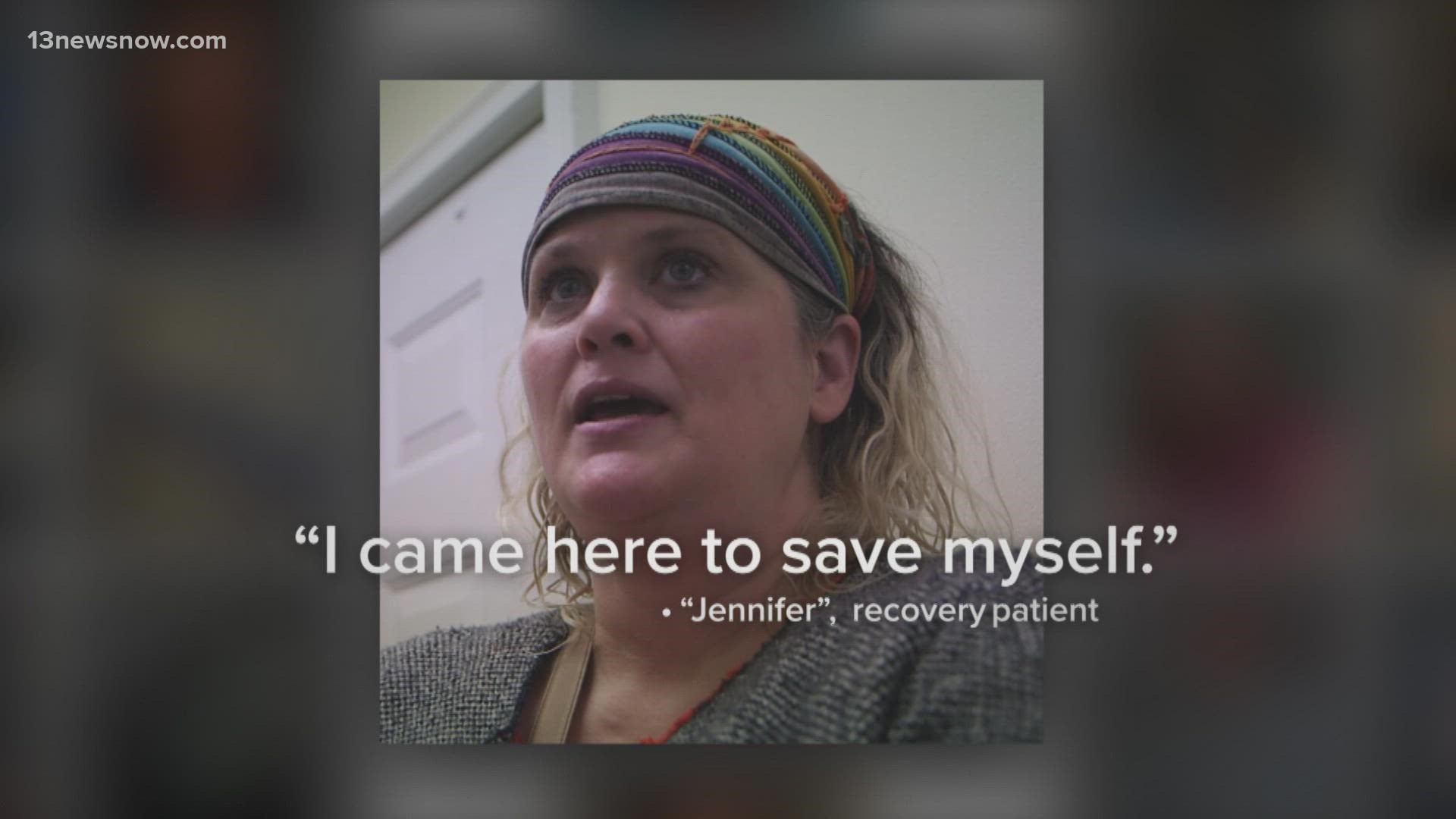NORFOLK, Va. — Fentanyl continues to drive overdose deaths in Virginia.
Statewide, the synthetic opioid contributed to 76.5% of the 2,656 overdose deaths in 2021, according to the Virginia Department of Health.
The community of people who've lost loved ones to the drug is quickly growing, many looking for ways to draw focus to a problem they believe is not getting enough attention.
"Not only did I lose my son, but all these people behind me, they lost a loved one," said Pat Harrell while recently attending an Association of People Against Lethal Drugs (APALD) march in Portsmouth. "I am a member of a site on a Facebook page and it just amazes me every day how many people we add to that site... and it's all young people, teenagers, early 20's that are being wiped out."
Pat lost his son Ryan in 2020.

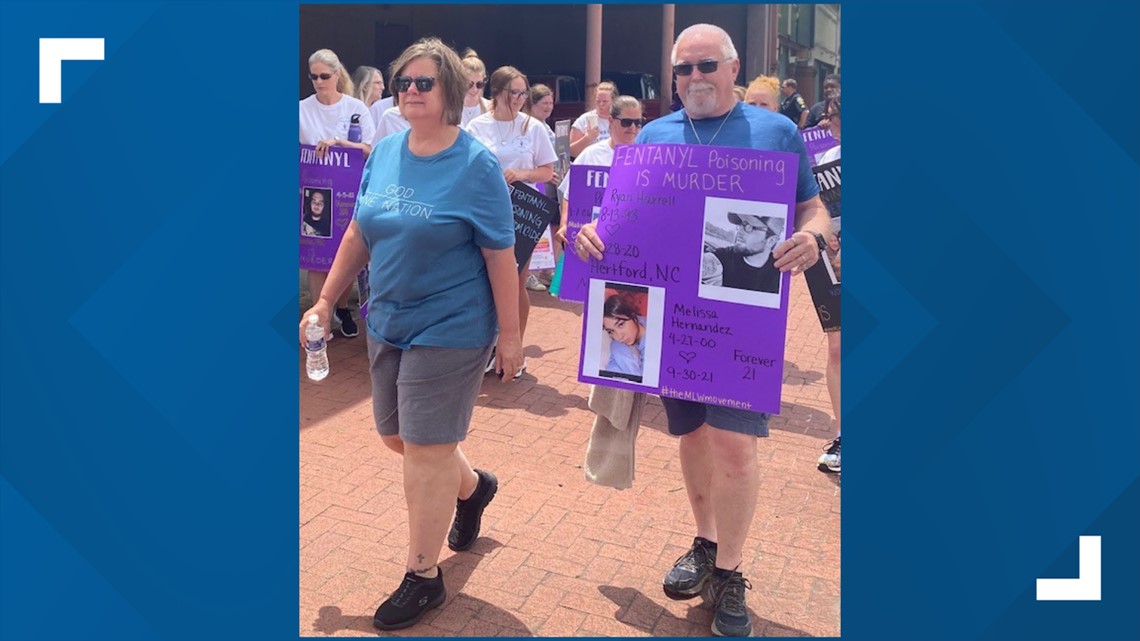
Families left behind tell similar stories of how their relatives succumbed to fentanyl poisoning completely unaware that they were even consuming the drug.
Holding a sign bearing her daughter's picture beneath the words, "FENTANYL POISONING IS MURDER," Lisa Reed of Newport News spoke about the death of her 23-year-old daughter, Kaitlyn, while marching with APALD.
"She had gone to the streets to find a medication to help her with depression. She thought she was taking ketamine for the second time," Lisa said. "And it turned out it was nothing but fentanyl."
About seven hours after taking the fentanyl, Kaitlyn, the mother of two young girls, was found dead.
"Fentanyl is out there and it's killing our kids, unbeknownst to them," Lisa said.
According to the DEA, fentanyl is 50 to 100 times stronger than morphine. It's becoming popular on the streets because it gives the addicted a stronger high when opioids or heroin aren't doing the job.
Hampton Roads drug dealers are beginning to establish their own sources of supply along the southwest border and in Mexico. Pill press machines are being used to create tablets that look just like opioids but are either laced or filled with fentanyl.
"They're creating a completely new pill that they are marketing as a legitimate, prescribed painkiller and that's killing people left and right," said Patrick Hartig, Norfolk DEA Resident Agent-In-Charge.

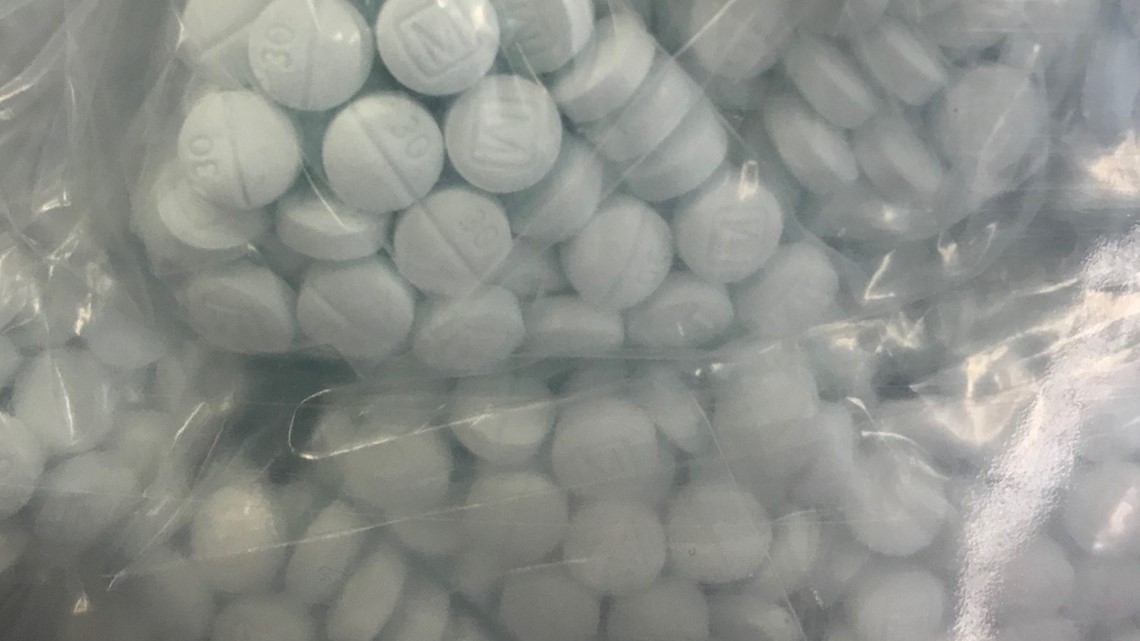
Joey Travieso
The pain Kimberly Griffin feels over the loss of her son in 2019 is still fresh.
She uses her grief to reach out to others through her foundation, Joey's Heart named after her son, Joey Travieso, who died from fentanyl poisoning.

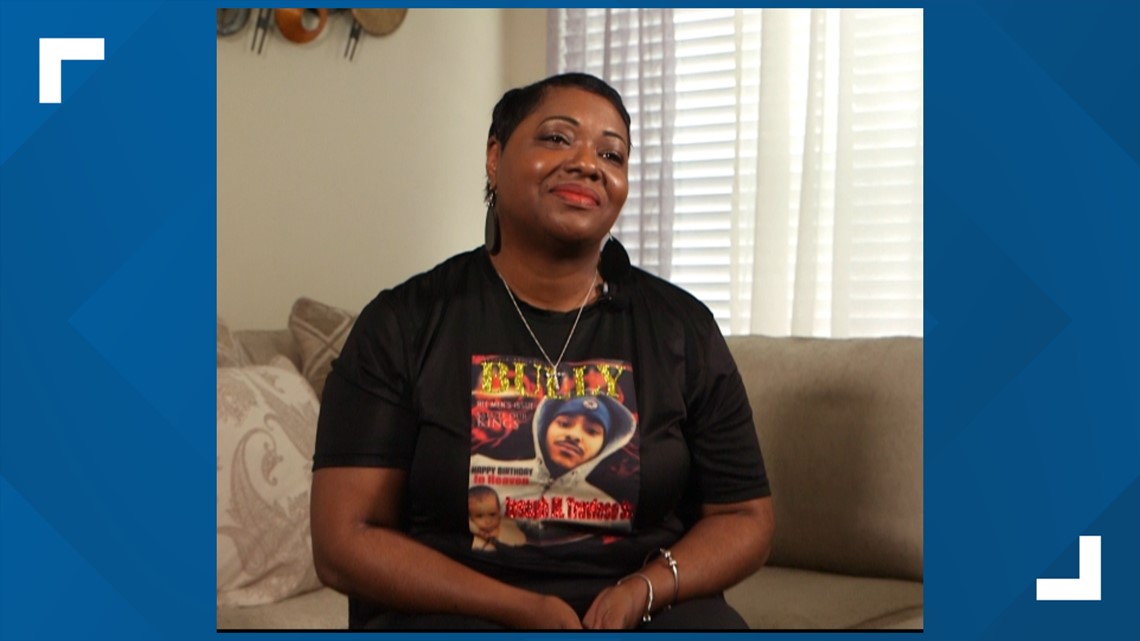
The foundation's mission is to assist individuals, families, and communities through positive programs and services. Its centerpiece is Bully magazine created by Kimberly, a public health investigator by profession.
"I named it Bully," she said holding up a magazine. "About how life can be a big bully when you have suffered a loss, when you are suffering a sickness, when you are suffering poverty, when you are suffering depression and how you overcome your situation. That's why I named it Bully magazine."


With nine issues published, the magazine features motivational stories from people sharing their personal challenges and their journeys to a better place.
Bully is carried by Books-A-Million stores.

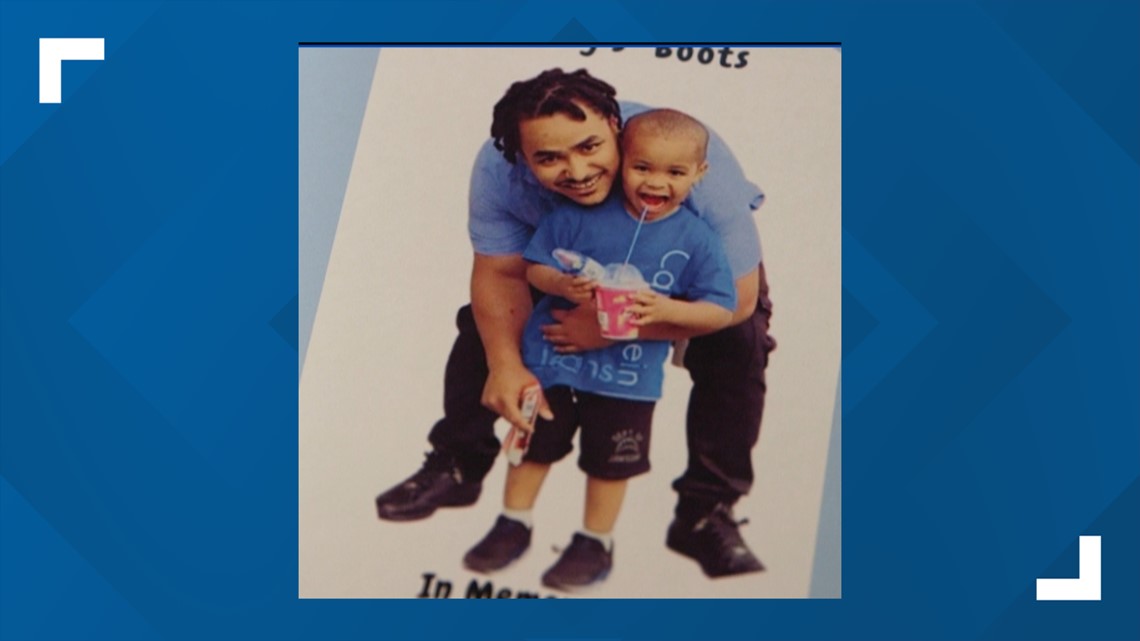
Joey was just 27 years old when he fell victim to a fatal collision between depression and drug use.
"I saw it all on his face, just down," said Kimberly as she sat in the living room of her Virginia Beach townhouse.
She knew her son had dabbled in recreational drug use. She was also aware that the death of his father and being bullied as a teen took a toll on her son.
Medication to treat his depression didn't always work and that sent him searching for other answers.
"You're feeling the suicidal thoughts and you're like, 'I'm still feeling this way, let me get something else.' Then you're adding to it and it's worsening it."
One night in 2019, when sirens blared through Kimberly Griffin's neighborhood, she had no idea they were responding to her son, who lived nearby. He was rushed to the hospital in the throes of a drug overdose.
Doctors couldn't save him.
There were several drugs in his system, but the medical examiner told Kimberly only one killed him.
"He had the opioids, he had cocaine, he had marijuana, and he had alcohol. Whatever was mixed into the cocaine ... just a teeny pinch of fentanyl and that's what took him out."
The heavy loss sent Kimberly deeply into prayer looking for answers on how to handle her grief. In addition to the magazine, she authors children's books that all feature a child overcoming a challenge.
"My goal is to reach people so that they can speak out freely of their painful past experiences and not hold onto any resentment that they went through in their life."
Allison Bellamy
On a sunny afternoon at Buckroe Park at Buckroe Beach in Hampton, Allison Bellamy finds delight in watching her young son, Brantley, navigate his way through the playground.
"You gotta be nice, OK?" she yelled as he slithered his way down the sliding board.
This is a breakthrough moment for Allison, who spent much of 4-year-old son's short life in prison after being convicted of assaulting a police officer.
"You can have video visits from in the jail so that's how I got to watch him grow up. That's how I got to see every milestone," Allison said.
She now gets to be the mother to a son who needs her.

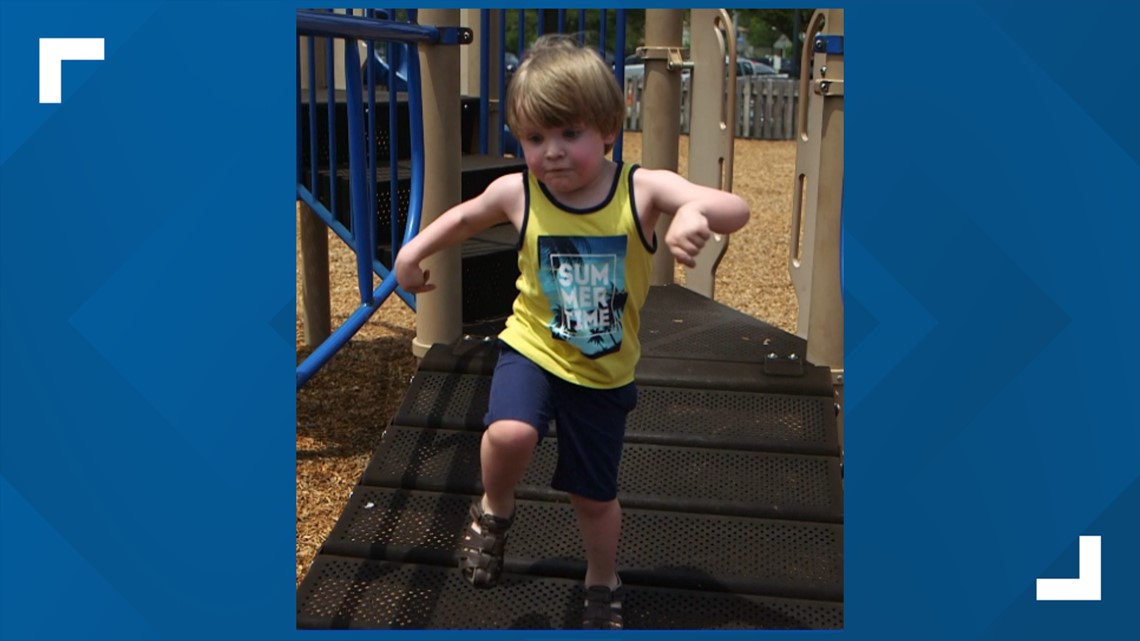
Behind her legal troubles was an addiction to alcohol, heroin, cocaine, and opioids.
It was fentanyl that nearly took her life.
"I overdosed and I died," she recalled the day Brantley's father found her unconscious sprawled out on her bedroom floor and called 911. "They had to Narcan me and it didn't work. So -- fortunately for me -- they were ready to pronounce me dead but my oldest daughter's grandfather is the police chief of Poquoson and he said, 'No. Hit her again.'"
She lived to tell the story of how SpiritWorks Foundation Center for the Soul and its director, Jan Brown, got her life on track.
"She has educated me, she has mentored me, she has inspired me," Allison said.
"A big part of what we do is provide recovery support services so whatever the outcome or whatever it is along the journey that's somebody is having, we can be a supportive community for that family, for that mom... for that child," Brown said from the center in Williamsburg along Mooretown Road.
The organization plays a big part in helping women who are incarcerated and fighting addiction.
"We had a lot of people who just would come and tell us what to do but she just gracefully guided us and educated us and empowered us to want to do something different," Allison recalled.
She's now an employee of SpiritWorks.
"We want to work with women and children so that no other mother has to go through what I did."

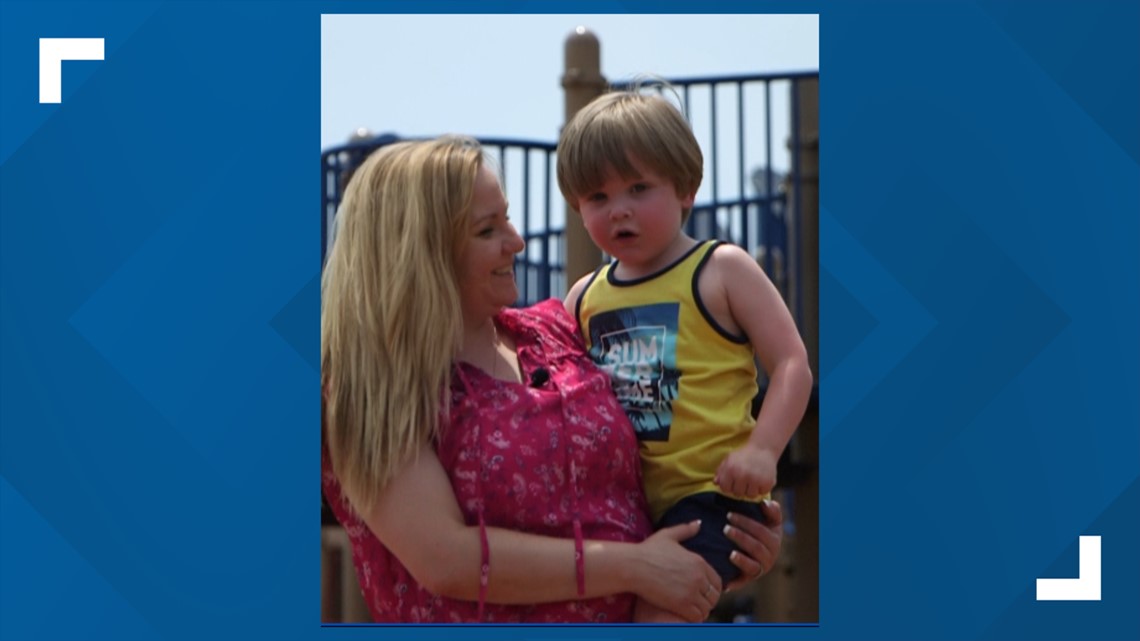
The Road to Recovery
It is an everyday routine for the dozens of patients who file into the American Addiction Treatment Center owned by Pinnacle on McManus Boulevard in Newport News, one of two facilities in the city.

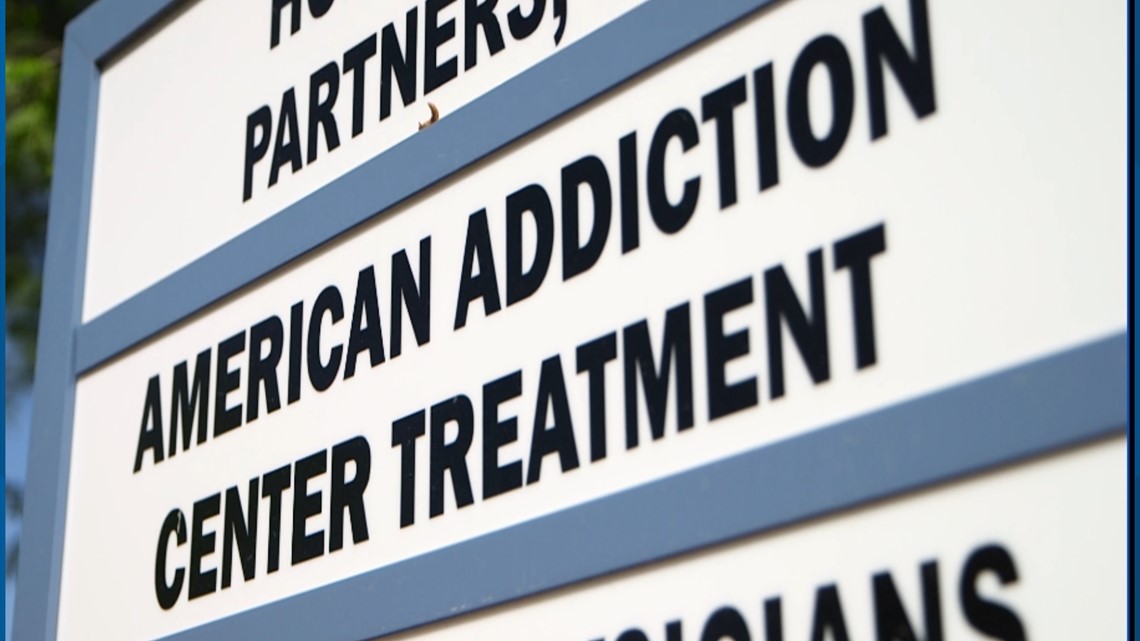
Breaking an addiction takes commitment... and a daily dose of a synthetic opioid.
"A patient comes every day. It's extremely inconvenient for the patient to get here. We're kind of the last resort for them," said David Cassise, who is the regional director of Virginia Pinnacle Treatment Centers.
The centers offer medication-assisted treatment and cognitive behavioral therapy.
Patients verify their identity with a nurse at a window before receiving either a dose of methadone or buprenorphine. The drugs are FDA-approved to treat opioid use disorder (OUD).

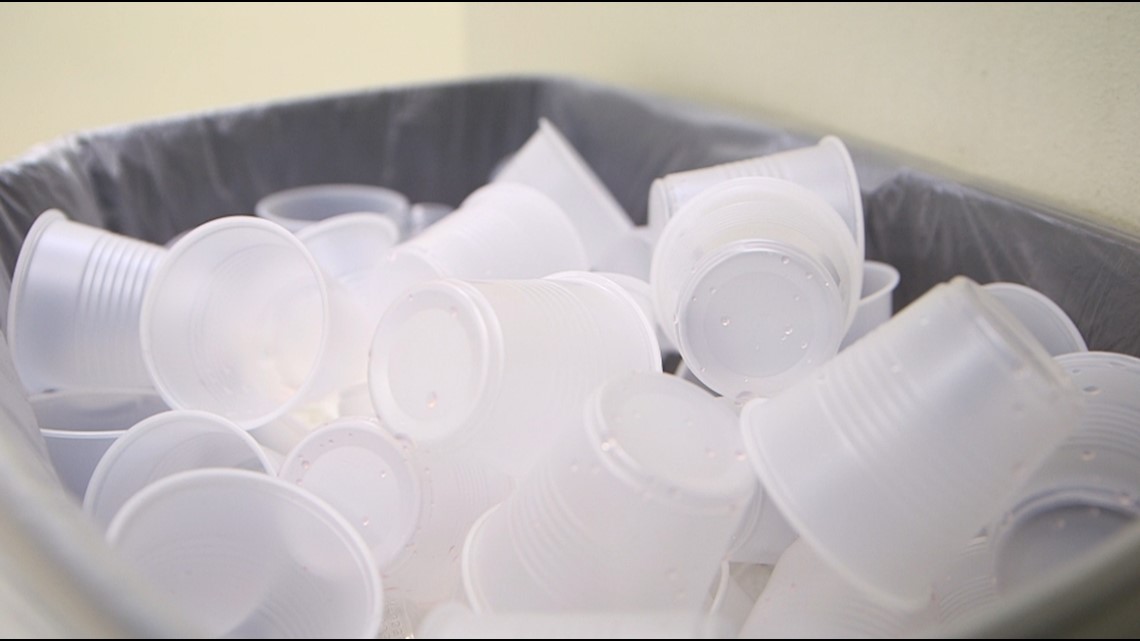
Cassise said the medication works to stabilize the patient by both lessening the pain caused by opiate withdrawal and preventing a high.
"That helps with counseling because without that, counseling can't be nearly as effective because they are just worried about not hurting, 'When am I getting the next hit?'"
One center patient named Jennifer is nearing the end of her treatment. She credits Pinnacle with saving her life.
"If I hadn't known that this existed, I don't think I would be alive today, I really don't," she explained. "I know so many people who have died."
If you're struggling with addiction, there is help:

